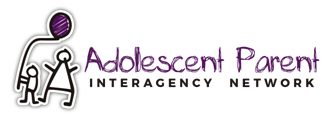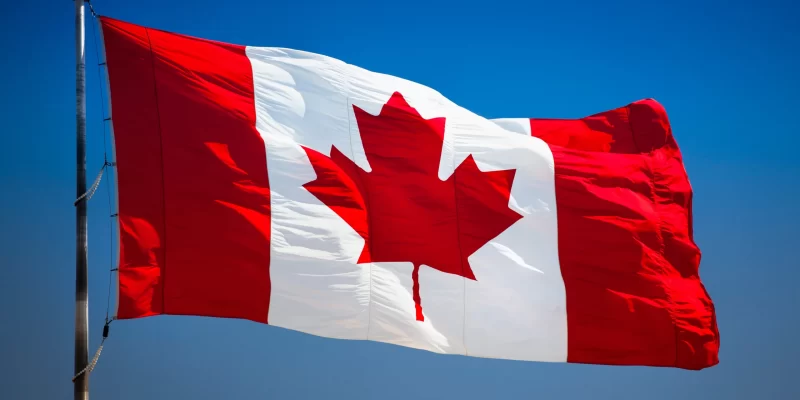Blog provided by Population and Public Health Winnipeg Regional Health Authority, creator of the Healthy Parenting Winnipeg Website which provides evidence-based information for expectant and new parents.
Is there a powdered infant formula shortage in Canada? Myths, facts and suggestions
Recently, there have been many news articles about the U.S. experiencing a shortage in powdered infant formula. These stories can cause parents a lot of anxiety about whether they will find enough formula to feed their baby. We want to give you the facts about the situation here in Canada. The good news is that for the most part, we are not experiencing the same problems.
What caused the Infant Formula shortage in the US?
In February 2022, Abbott Nutrition, a U.S. company that is a major manufacturer of powdered infant formula, recalled Similac, Alimentum and EleCare powdered formulas after consumer complaints about infants becoming ill after consuming these products. This was likely because of the presence of harmful bacteria in the formula. The Abbott factory in Sturgis, Michigan, where these products were manufactured, was closed for investigation. The factory briefly reopened in June 2022 but soon closed down again due to flooding. Media reports say that the factory has again resumed production as of July 1, 2022 with an initial focus on producing Elecare. It could take many months for the factory to resume normal production.
How has this plant shutdown affected the powdered infant formula supply in the U.S.?
As you may have read, there can be problems getting powdered infant formula in the U.S. This is due to the temporary closing of the plant in Michigan, supply chain issues and a high demand for these products.
How is Canada affected?
Although Canada is experiencing a shortage of some specialty formulas for babies with allergies and certain medical conditions, there is no shortage of other powdered infant formula. There are several reasons for this.
- Large retailers such as Loblaws, Walmart and Safeway have their own “house brands” of infant formula and often have multiple manufacturers.
- Canada has increased imports of formula that meet Canadian safety and nutritional standards.
- Canada has a higher breastfeeding rate than the U.S. which means we have less demand for formula.
The Canadian Government has a stockpile of reserved infant formula in case of emergencies.
Should I be concerned about being able to get my baby’s formula?
The Canadian supply of powdered infant formula is stable. Most local retailers have the products on the shelves and the products are available online. What could cause a problem is if people start panic-buying due to fear from the U.S. media reports. This is what happened with toilet paper at the start of COVID-19.
In Manitoba, food banks purchase infant formula and may have supplies for families in need.
What can I do if I am unable to get my baby’s usual formula?
If your child requires hypoallergenic or specialized infant formula:
- Speak to your pediatrician or allergist to discuss your baby’s needs and possible alternative products.
- Check with your local pharmacy to see if they have a supply. Many pharmacies are keeping specialized infant formulas behind the counter.
- If your pharmacy does not have any on hand, ask them to order the formula you need from the supplier. There is a supply available that can be ordered on demand.
If you are unable to get your baby’s usual formula:
- Look for formula at a variety of stores or online from reliable retailers. Ask friends or relatives to look for formula in other communities.
- If you use powdered formula, it is safe to switch to a different brand. Look for the same type of formula (cow’s milk, soy based, specialized). Your baby’s poop might be a bit different on a new brand.
- If you are using powdered formula, you could switch to ready-to-use or liquid concentrate, although they are more expensive and there also may be a limited supply. Be sure to prepare it exactly as directed.
- Breastmilk may be an option. If you are combining bottle-feeding and breastfeeding, you can increase the amount of breastmilk your baby drinks. Consult your family physician, obstetrician, pediatrician, lactation expert or public health nurse if you would like to start or reestablish breastfeeding. See Healthy Parenting Winnipeg Breastfeeding Resources and Finding a Health Care Provider
Other important tips:
- It is very important for your infant to get the right amount and type of nutrients for proper growth and development.
- Only use a store-bought infant formula. The internet is full of homemade formula recipes. These could be harmful to your baby. See Formula Feeding Your Baby, Manitoba Government
- Always prepare the formula according to the directions. Never water down formula to make it stretch farther. This will harm your baby.
- Keep giving formula for the first year if you can. If your baby is over 9 months of age and is eating a variety of iron rich foods, you can introduce whole cow’s milk (3.25%). Do not use other substitutes such as goat’s milk, evaporated milk, soy or rice beverages because they do not contain the proper amounts of vitamins, minerals and other nutrients that are essential for your baby to grow and develop normally.
Should I stock up on formula?
It is always good to have a two week supply on hand. But please avoid panic buying. This could create supply problems for families that use formula if a lot of people start doing this.

